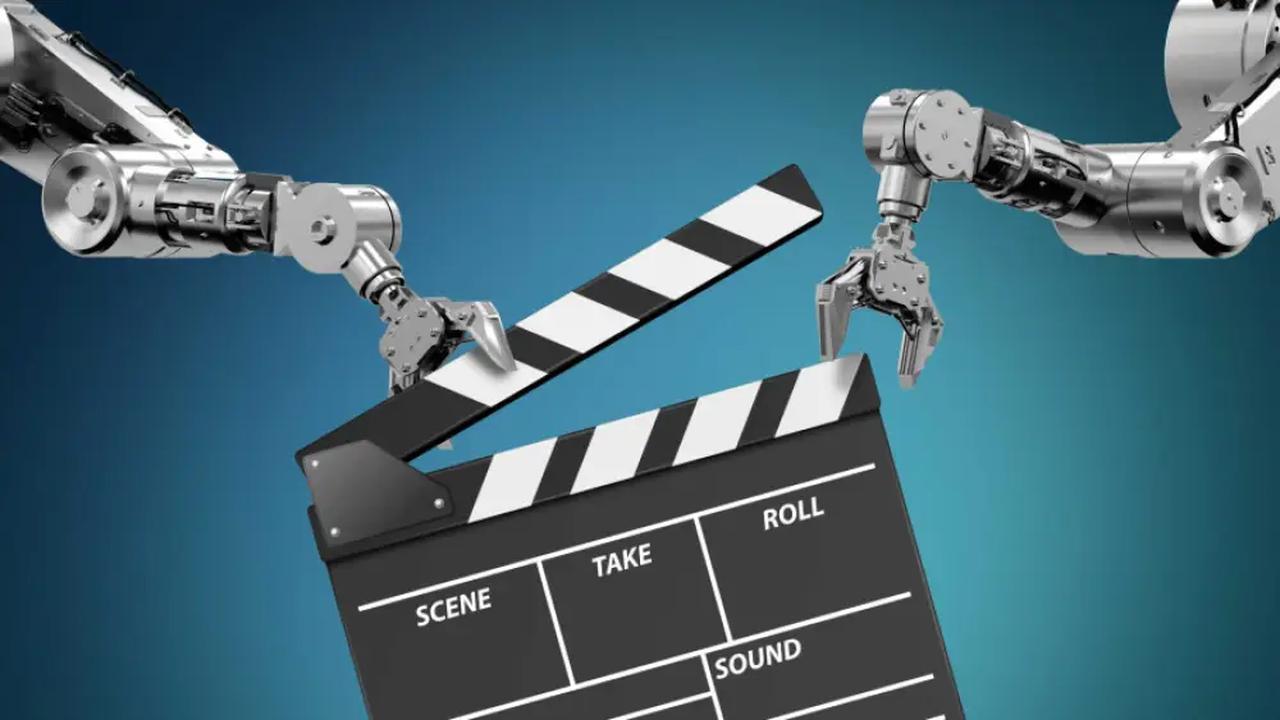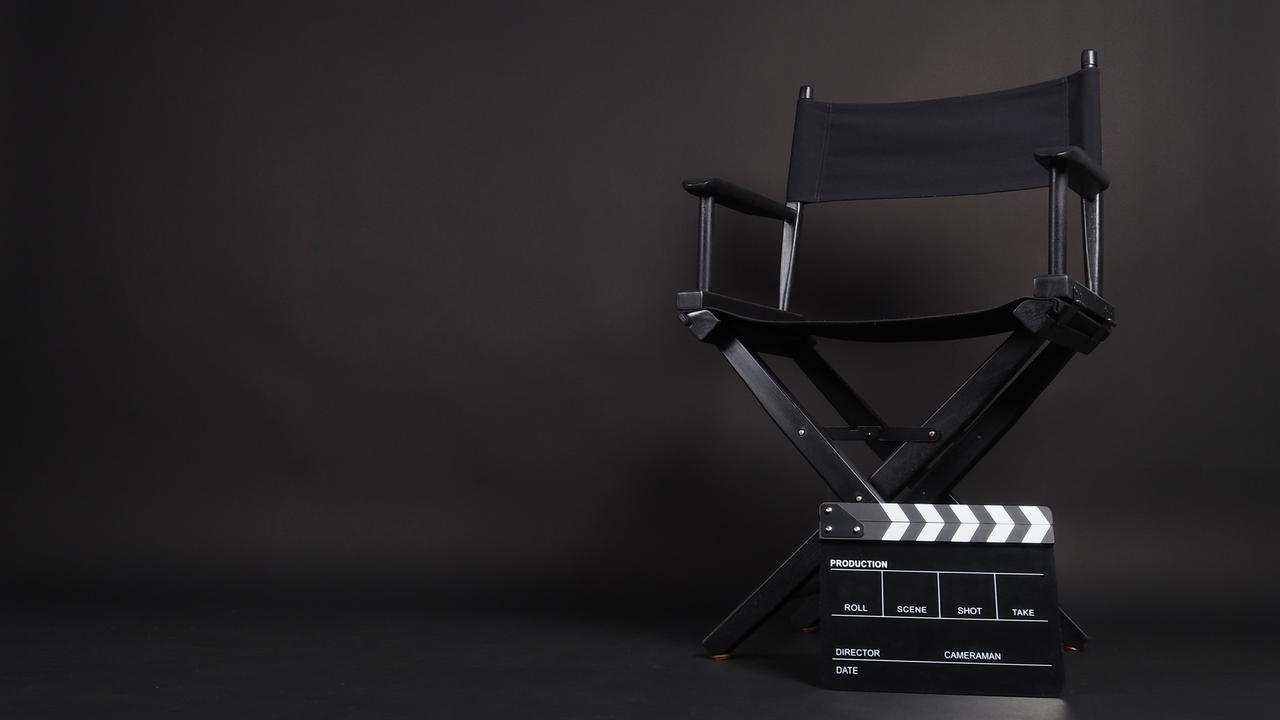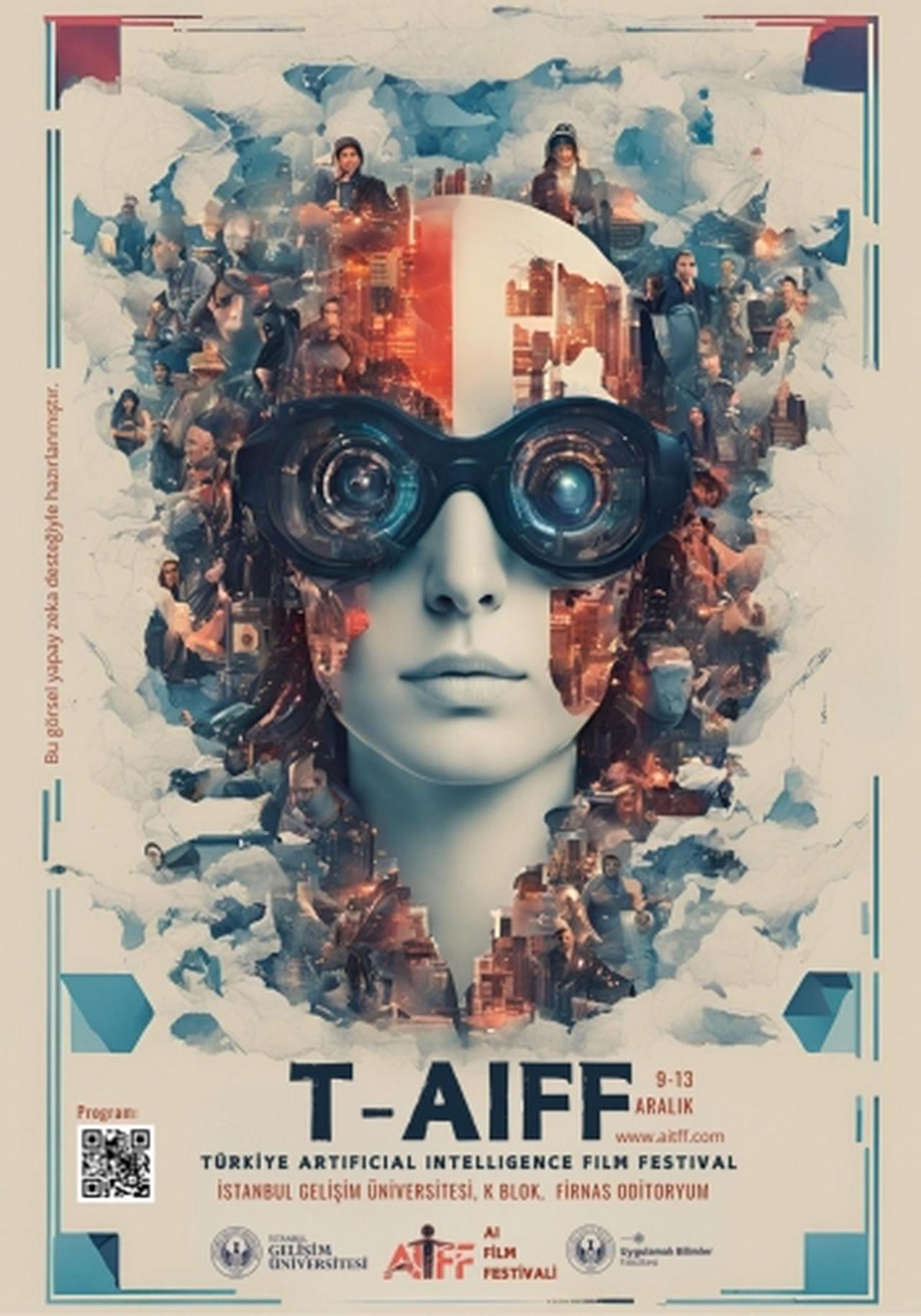
The integration of artificial intelligence (AI) technology in cinema is transforming nearly every stage of film production, from scriptwriting to post-production and even the audience’s engagement.
By analyzing enormous collections of pre-existing film scripts, AI-driven technologies, such as those built on deep learning and natural language processing (NLP), can produce original dialogue, plotlines, and scripts. For instance, whole short films like "Sunspring" have been written using AI.
AI-generated screenplays and story ideas are becoming more common. This enables writers to experiment with new forms of narrative structure while also streamlining their creative process.
Directors can utilize the AI tools to assist with shot composition, lighting design, and scene pacing by analyzing data from past films. They can also assist cinematographers with aesthetics, such as color correction and color composition, potentially speeding up the creative process.
Labor-intensive tasks like video editing, color grading, audio enhancement, and compositing are automated with AI, speeding up the process and allowing artists to focus on creativity. There is AI-driven tracking and facial recognition software that allows for real-time motion capture and de-aging effects.
In terms of viewer engagement, streaming platforms like Netflix use AI algorithms to analyze viewer behavior and preferences, enabling personalized content recommendations and interactive storytelling experiences.
The Black Mirror standalone episode ‘Bandersnatch’ is one such example.
The creative collaboration between human filmmakers and AI is expanding. By producing dynamic, adaptable narratives that react to viewer choices, artificial intelligence is predicted to further transform interactive and virtual reality cinema. However, it also raises questions about the role of human artistry in filmmaking.

Criticism of AI technology in cinema centers on several key concerns related to creativity, ethics, employment, and audience reception.
AI-generated content often lacks the emotional depth, originality, and cultural awareness that human filmmakers and writers bring to storytelling. Prominent filmmaker Steven Spielberg warns that surrendering artistic control to algorithms could lead to homogenized, less authentic films lacking the unique perspectives that define traditional artistry.
Traditional creative roles like screenwriters, editors, and visual effects artists are threatened by AI-driven automation that performs tasks cheaply and efficiently.
This calls into question the sustainability of filmmaking jobs in the long run as well as the decline of the craftsmanship that has traditionally characterized the industry.
Complex ethical issues involving authorship and intellectual property rights are brought about by the employment of AI in filmmaking. Legal issues could arise if AI systems trained on protected content produce derivative creations without giving proper recognition.
Additionally, the digital resurrection of deceased actors through AI raises moral questions about consent and exploitation.
Audiences continuously reject AI-generated content and elements in films, seeing them as deceptive and lacking substance. Regardless of the cost-saving and productivity benefits that AI brings, the controversy around AI in production continues to face backlash from both industry professionals and viewers.
Finding a balance between automation and human creativity is crucial for incorporating AI into filmmaking.
To guarantee that filmmakers maintain creative control while using AI's efficiency, ethical frameworks and norms are being offered. To protect cultural and creative values, ideas such as a Human Control Index (HCI) seek to measure and regulate AI engagement.

Turkish cinema is actively embracing AI technology in recent projects by pioneering fully AI-generated films and digital art experiences. A landmark example is the upcoming theatrical release of "Post Truth," the first entirely AI-generated feature-length documentary in Türkiye, created by generative AI artist Alkan Avcioglu.
All the visuals, sound, music, and narration of the film “Post Truth” are produced by AI, exploring themes of humanity’s relationship with technology and the blurring of truth.
Türkiye also hosted its first Artificial Intelligence Film Festival, where the AI-generated short film "The Crimson Crown" won Best Experimental AI Short Film, highlighting the integration of AI in storytelling and film production.

Previous initiatives by Türkiye include AI-powered digital displays such as Refik Anadol's "Alkazar's Dream," which processed thousands of phrases and pictures from classic Turkish films using AI to create immersive 3D art experiences that immerse viewers in the history of cinema.
These initiatives mark a new era of artistic expression in Turkish cinema and show Türkiye's dedication to exploring AI as a revolutionary tool in the field, from content generation to interactive art.